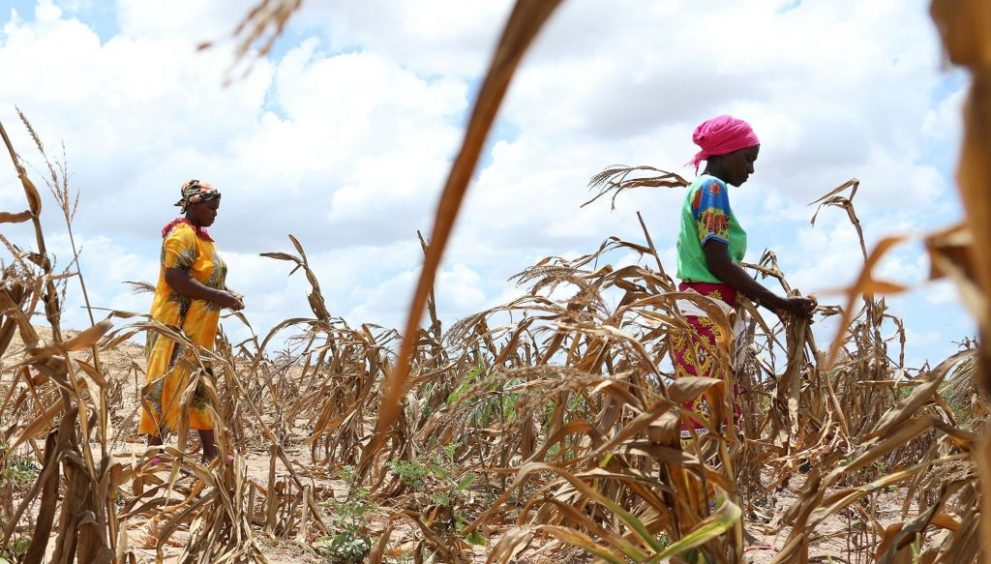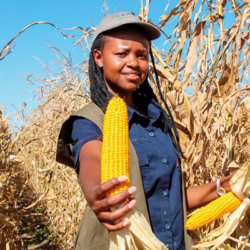The Africa Network of Agricultural Policy Research Institutes (ANAPRI) is spearheading a transformative movement across the continent, determined to reshape Africa’s agricultural landscape through robust research, capacity building, and collaborative knowledge sharing. In a sector often influenced by external perspectives, ANAPRI is asserting the vital importance of homegrown solutions.
“ANAPRI was born out of the need to share knowledge, share data, and also to be able to learn lessons from the different institutions that are involved in policy research in Africa,” explains Antony Chapoto, ANAPRI’s Executive Director. This network unites 16 leading agricultural policy research institutions across 15 countries, forging a powerful alliance to generate high-quality, locally relevant evidence that can guide policy decisions.
Chapoto highlights a critical issue: the tendency for agricultural policy guidance in Africa to originate from outside the continent. “It doesn’t mean we don’t have good evidence coming from Africa,” he asserts. ANAPRI is dedicated to reversing this trend, prioritizing the strengthening of local institutions. “We need our countries to embrace local institutions, help them build capacity, help them build sustainability.”
The looming threat of climate change casts a long shadow over African agriculture. “It’s common knowledge that climate change is real, and we have been witnessing it in Africa,” Chapoto notes, citing the increasing frequency of devastating droughts, floods, and unpredictable temperature swings that wreak havoc on farmers’ livelihoods.
While policymakers acknowledge the need for change, Chapoto stresses the importance of tailoring solutions to the unique realities of African farming systems. “We have to be much more innovative because the solutions that work in other developed nations won’t work in most parts of Africa because of the nature of the farming systems,” he argues.
Looking ahead, ANAPRI is acutely aware of the need to cultivate resilience for future generations. With Africa’s youth population projected to double by 2050, the organization is committed to ensuring that young people see vibrant opportunities within the continent’s food and agriculture systems.
“Often when we say ‘agriculture sector,’ people tend to look at primary production, but the agriculture sector is a chain,” Chapoto explains. “We need to see exactly where the opportunities lie for these youth.”
Retaining local talent requires more than just lucrative employment; it demands the integration of cutting-edge technologies and tools that enhance existing systems. “We are still trying to find the right mix of policies that will encourage our youth to stay in the continent,” Chapoto says.
ANAPRI’s mission is clear: to empower African institutions, cultivate local expertise, and drive sustainable agricultural development that benefits the continent and its people. By championing African solutions for African challenges, ANAPRI is paving the way for a more resilient and prosperous agricultural future.




